
FILE - In this Tuesday, Oct. 14, 2014, file photo, oil pumps work at sunset in the desert oil fields of Sakhir, Bahrain. Oil prices have further to drop with no signs of slowing production in the U.S., according to the International Energy Agency, Friday, March 13, 2015. (AP Photo/Hasan Jamali, File) - Associated Press
ABC News - AP - March 13, 2015
Oil prices have further to drop with few signs of slowing production in the U.S., according to a global energy agency.
The International Energy Agency, a watchdog group based in Paris that represents the world's main oil-importing nations, said in its monthly report Friday that the recent stabilization in oil prices is "precarious."
"Behind the facade of stability, the rebalancing triggered by the price collapse has yet to run its course," it said.
That may be playing out right now. Oil prices tumbled 10 percent this week, including a 5 percent drop Friday.
The IEA cautioned that risks of oil supply disruptions are growing. Low prices could raise the risk of social disruption in some countries dependent on oil, the agency said, and the ongoing conflict in Iraq and Libya hasn't slowed down.




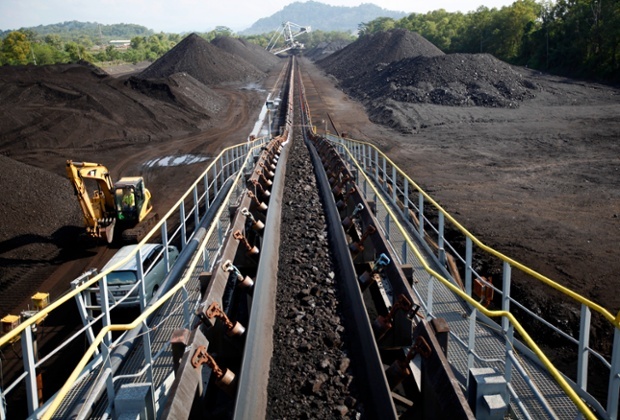
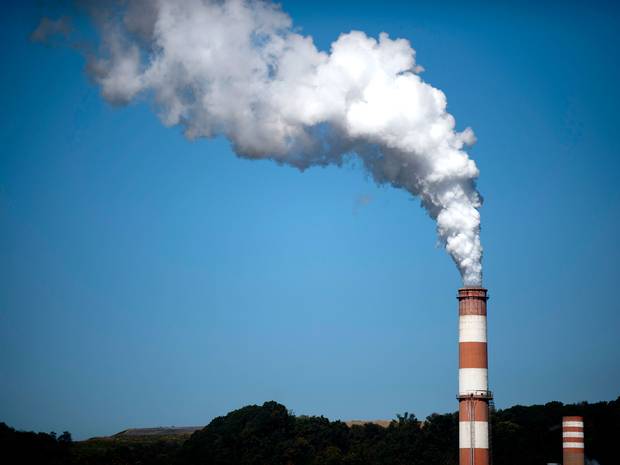
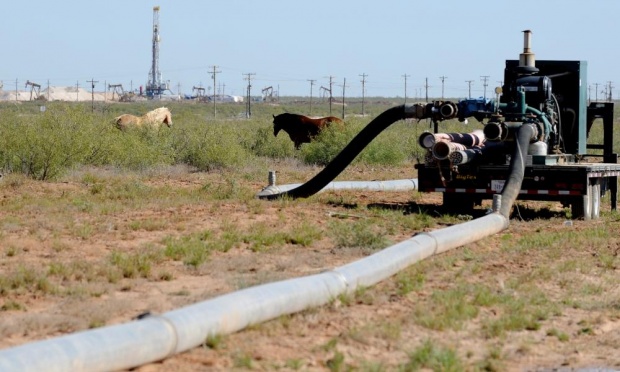


 Image: The findings have major implications for whether stronger regulations are needed to curb water pollution from fracking and other oil and gas industry operations. Credit: Jeff Turner/Flickr
Image: The findings have major implications for whether stronger regulations are needed to curb water pollution from fracking and other oil and gas industry operations. Credit: Jeff Turner/Flickr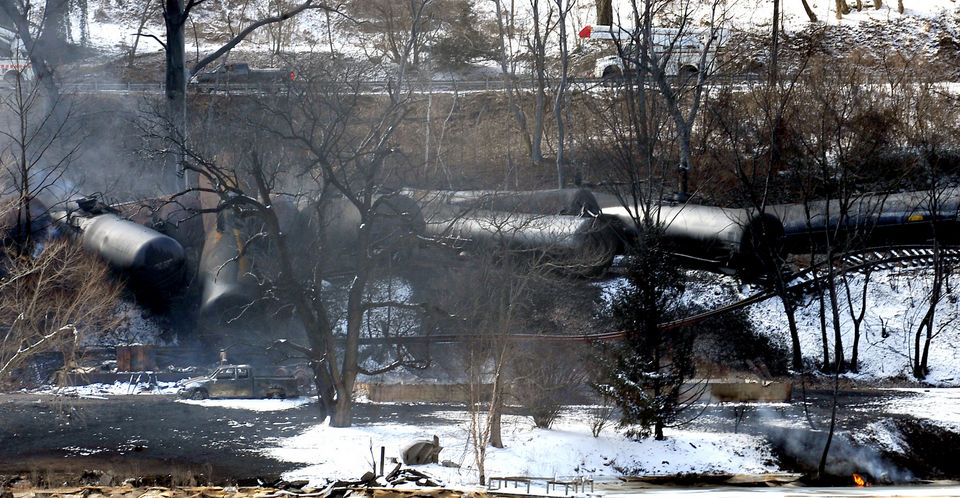
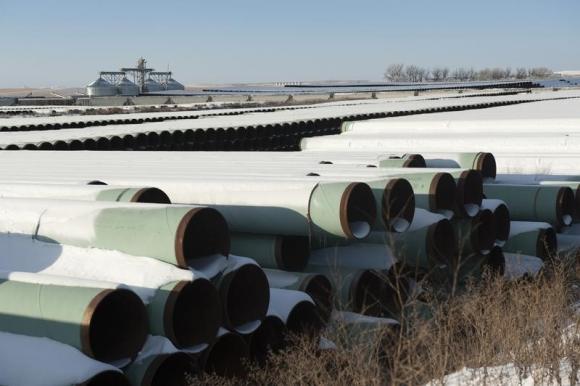
Recent Comments